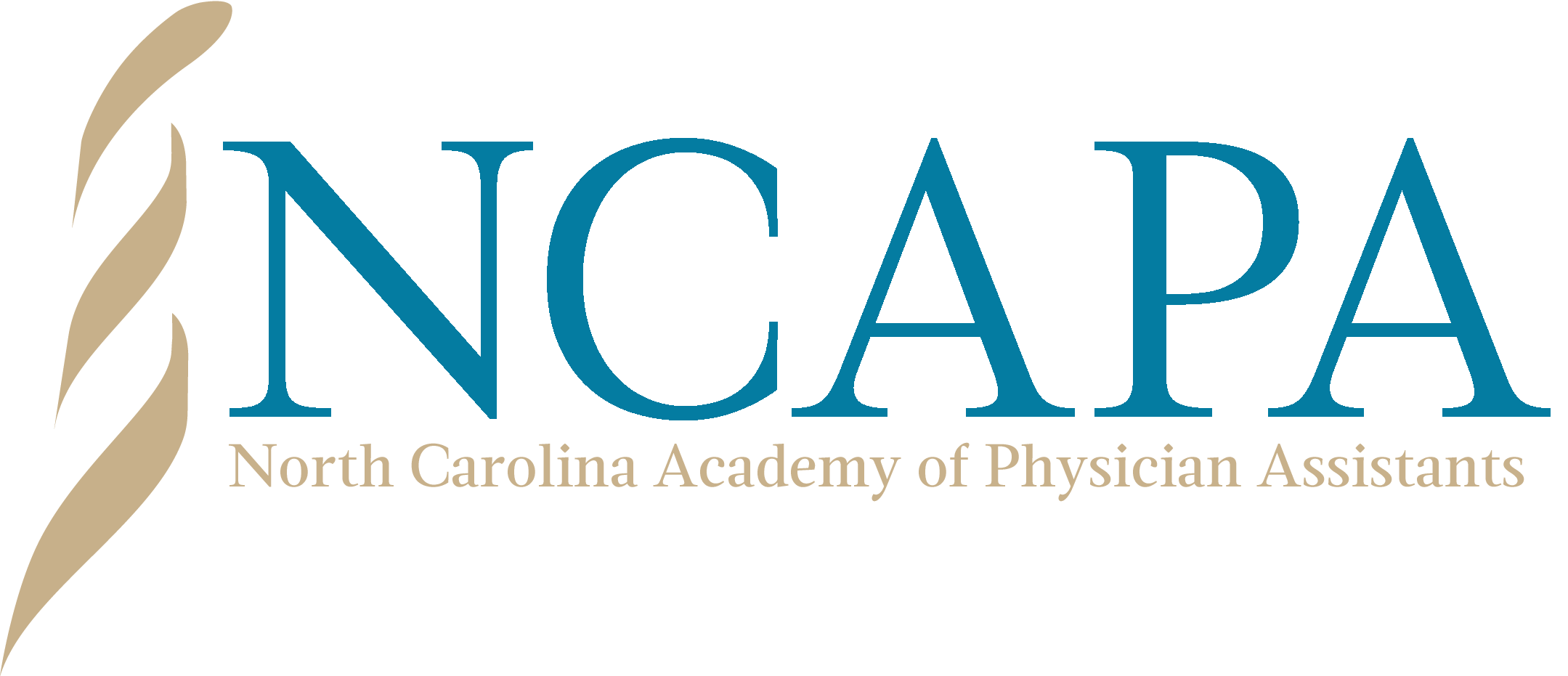from the NC Department of Health and Human Services
With the holiday season gearing up, now is a good time for people who use tobacco to make a plan to quit and give the gift of health to themselves and their loved ones.
Quitting smoking isn’t easy. Choosing a tobacco cessation program to help you reach the goal greatly improves your chances for crossing that finish line. In North Carolina, the Department of Health and Human Services helps people stop smoking and other tobacco use through QuitlineNC.
“We help tobacco users develop a quit plan that works for them, with no judgement,” said medical director of QuitlineNC Gerri Mattson, M.D. “Quitting smoking at any age improves health immediately and over the long term.”
At DHHS, the Division of Public Health’s Tobacco Prevention and Control Branch operates QuitlineNC. The service has helped tens of thousands of North Carolinians quit smoking since 2005. Last year it helped 4,400 people successfully quit all use of tobacco products for six or more months.
The program’s success rate of 35 percent compares to a 5 percent national rate for those who try to do it without support. In a recent survey, 92 percent of respondents who used QuitlineNC said they would use the services again if they needed further help.
QuitlineNC is available to the state’s estimated 1.4 million smokers and anyone else who wants to quit tobacco use. Callers may qualify for combination nicotine replacement medication at no cost based on medical criteria and health insurance. For example, people covered by Medicaid, Medicare or those who are uninsured may qualify for no cost combination therapy.
QuitlineNC coaches have the knowledge and skills to help people quit cigarettes, smokeless tobacco, cigars, hookah, electronic cigarettes/vaping devices, or any combination of products.
Counseling and medications can double or even triple one’s chances of success. Pregnant women, those who recently had a baby or are planning a pregnancy are eligible for tailored treatment from QuitlineNC, as are young people under age 18.
For those who succeed in quitting tobacco use, there are health rewards. According to the Centers for Disease Control and Prevention, people who stop smoking greatly reduce their risk for disease and early death. Although the health benefits are greater for people who stop at earlier ages, there are benefits at any age. You are never too old to quit.
Some of the health benefits associated with stopping smoking include:
- Lowered risk for lung and many other types of cancer
- Reduced risk for heart disease, stroke and peripheral vascular disease
- Reduced heart disease risk within one to two years of quitting
- Reduced respiratory symptoms, including coughing, wheezing, shortness of breath, or a slowing of the advance of these symptoms compared to those who continue to smoke
- Reduced risk of developing some lung diseases, including chronic obstructive pulmonary disease, also known as COPD
- Reduced risk for infertility in women of childbearing age; and reduced risk for those who quit during pregnancy of having a low birth weight baby.
For more information, call 1-800-Quit-Now (1-800-784-8669) anytime, 24/7, or visit www.quitlinenc.com. For coaching in Spanish, call 1-855-Déjelo-Ya (1-855-335-3569).

